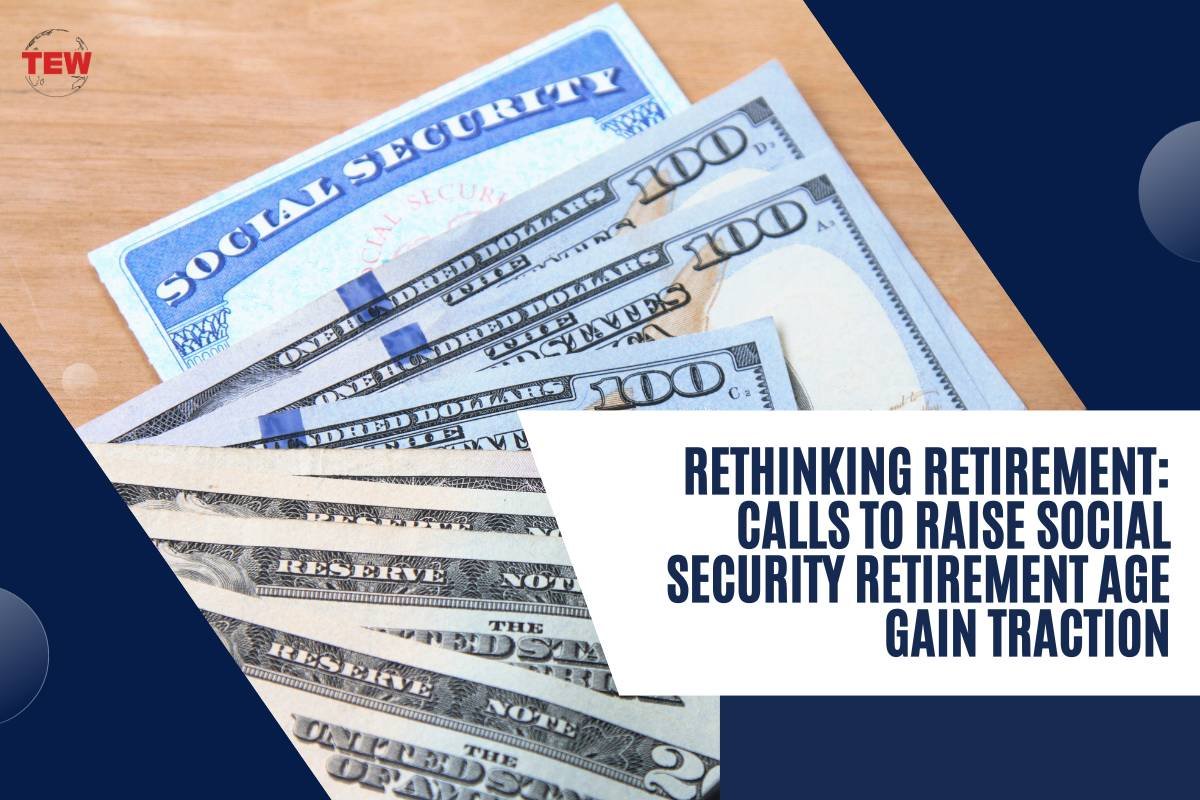Larry Fink, Chairman and Chief Executive of BlackRock, has joined the chorus advocating for raising the Social Security retirement age, citing the need for a reassessment of the traditional retirement paradigm.
In a recent annual letter to investors, Fink expressed his belief that individuals should not be compelled to work longer than desired. However, he questioned the rationale behind the prevailing retirement age of 65, tracing its origins back to the era of the Ottoman Empire. At the age of 71 himself, Fink highlighted the incongruity of adhering to a retirement age established centuries ago.
The concept of raising the retirement age has garnered support from Republicans as well. Figures such as former presidential candidate Nikki Haley have proposed increasing the Social Security retirement age for workers in their 20s. Additionally, a recent House Republican budget proposal recommended lifting the age threshold for Social Security, although specific details regarding the extent of the increase were not provided.
Shifting Demographics and Financial Realities: The Case for Modernizing Retirement Age
Demographic shifts form the crux of the argument for raising the retirement age. Fink pointed out that in the 1950s, many individuals who contributed to Social Security did not live long enough to benefit from it. However, with advancements in healthcare and longevity, retirees today have the potential to receive Social Security benefits well into their 90s.
Compounding this demographic trend is the significant surge in the number of baby boomers reaching age 65, with over 11,200 Americans expected to attain this milestone daily. This demographic shift is occurring against the backdrop of a looming shortfall in Social Security funding, with the trust fund projected to be depleted by 2033, potentially necessitating a benefit reduction of at least 23%.
Jason Fichtner, Chief Economist at the Bipartisan Policy Center, emphasized the cultural significance of age 65 as the traditional retirement age. However, he argued that this age marker is becoming increasingly irrelevant in the modern context, particularly as the full retirement age for Social Security benefits has already been raised to 67.
Policy Challenges and Pathways Forward: Navigating Social Security Reform in a Changing Landscape
Currently, individuals become eligible for Medicare coverage at age 65, although the full retirement age for Social Security benefits continues to rise. While benefits can be claimed as early as age 62, there is a greater reduction for those who opt for early retirement, incentivizing individuals to delay claiming benefits until later ages. Retirees who defer claiming benefits until age 70 stand to receive the highest benefit, with an increase of up to 8% for each year of delay past the full retirement age.
Despite the array of options available to lawmakers to address the Social Security shortfall, including tax increases, benefit cuts, or a combination of both, the issue remains a pressing concern. With a deadline looming for policy adjustments, the debate surrounding the Social Security retirement age and Social Security reform is expected to intensify in the coming years.





